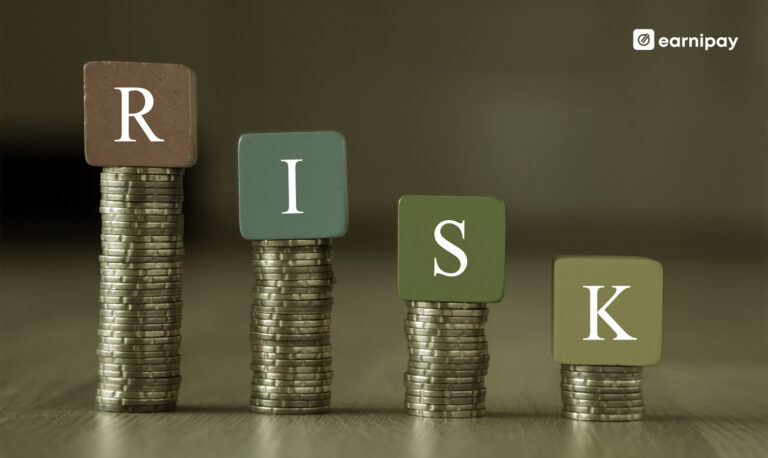Developing a positive relationship with money is more challenging than it seems because it requires effort, commitment, and consistent tracking. Similarly, we sacrifice to ensure our relationships with loved ones are smooth.
Likewise, we must prioritise our relationship with money to enable us to achieve financial freedom and make informed choices. Sadly, certain factors, such as culture, region, gender, family background, experiences, etc., have affected how we relate to money. Take, for instance, a child who grew up in a home where money was the cause of quarrels. That child would grow into an adult who thinks working extra hard or juggling several gigs will result in having more money.
However, that is different here. Instead, developing a positive relationship with money focuses on strategies and financial habits that enable you to manage your funds, leading to financial independence.
How to Develop a Positive Relationship With Money
First, understand that money is a tool for achieving your financial goals. You may only be able to achieve your financial goals and enhance your money mindset once you learn to develop a positive relationship with money. Some tips to help you create a positive relationship with money include:
1. Evaluate your current money beliefs
As aforementioned, factors such as family background, experiences and the like significantly impact how we relate to money. Identifying and evaluating these money beliefs is essential to know if they limit or empower us. For example, if you are from a region that believes money is the root of all evil, trust me, it will be a battle to accumulate wealth or live in financial abundance.
2. Prioritise your spending
By this, I mean intentionally allocating your money to know where your money is going. Prioritising your budget begins with creating a budget that illustrates how your income is distributed to essential expenses in categories such as needs, wants and savings. Needs include housing, food, transportation, and healthcare, while wants are entertainment, travel and hobbies.
Once you have identified your needs and wants, prioritise them based on their importance. For example, if you are saving a down payment on a car, you may need to cut back on non-essential expenses such as hangouts or shopping so that you can allocate money towards your savings goal. Ultimately, prioritising your spending is about aligning your spending with your values and goals to enable you to progress towards long-term goals.
3. Keep off from external factors that sabotage your money relationships.
These external factors could be having extravagant friends that often pressure you into impulsive monetary actions that prevent you from achieving your financial goals. If it means taking a quit to develop or preserve a positive relationship with money, kindly do it.
4. Practise gratitude
Gratitude, they say, gives room for more. Instead of focusing on what you do not have, reflect on things you already have and be grateful for them. It could be the home you have presently or the job that places food on your table and provides financial security. Other ways you could practice gratitude include;
- Say thank you
When you receive money, whether from a paycheck, a gift or a refund, take a moment to say thank you. It can help you appreciate your money and feel more positive about your financial situation.
- Keep a gratitude journal
Write your gratitude, including your financial blessings. It can help you stay focused on the positive aspects of your economic life and develop a more positive relationship with money.
- Finds ways to give back to society
Consider volunteering with your skills, time or money to help those in need. This can help you appreciate the blessings in your life and enable you to develop a positive relationship with money.
5. Avoid Comparison
You know that looks are deceitful and could make you think you are not making enough effort to develop a positive relationship with money. Here are a couple of ways comparison can be detrimental to creating a positive relationship with money;
- It creates a sense of lack
Comparison will make you feel you are not doing enough or being better, even if you maintain the proper financial habits.
- Leads to envy and jealousy
Envy and jealousy are emotions that can harm your mental health and well-being. Therefore, when you are consistently engaged in comparison, you feel resentful and bitter instead of happy for others who have achieved financial success.
- Triggers overspending
When you compare yourself to others with more money or possessions, it can trigger overspending as you try to keep up with their lifestyle. It can lead to financial problems and a negative relationship with money.
Conclusion
Focusing on your financial goals and priorities is essential to developing a positive relationship with money. Everyone’s financial journey is different; what works for one person may not work for another. Focus on what you have—your values and goals, and work towards achieving them.





Leave a Comment